How Israel Could Destabilize Iran
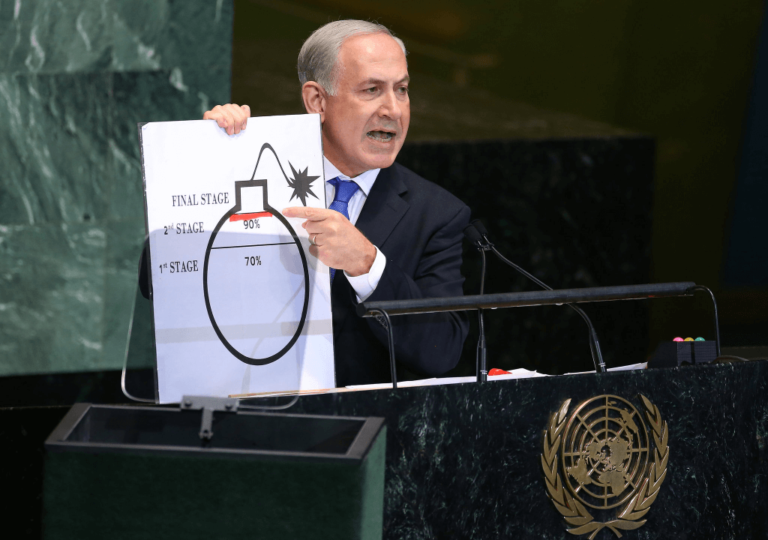
Iran faces potential fragmentation as Israel escalates its military strategy against the Islamic Republic, risking broader conflict

Iran faces potential fragmentation as Israel escalates its military strategy against the Islamic Republic, risking broader conflict
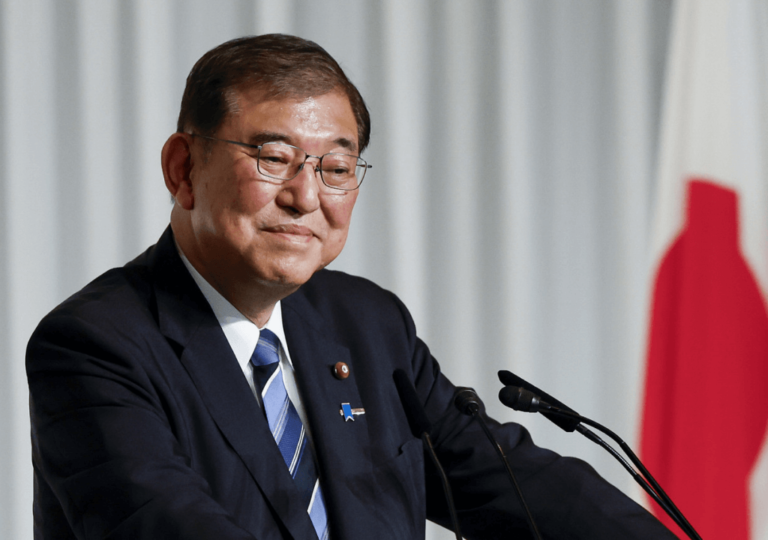
Japan's parliament elected Shigeru Ishiba as prime minister, succeeding Fumio Kishida amid calls for a snap election on October 27
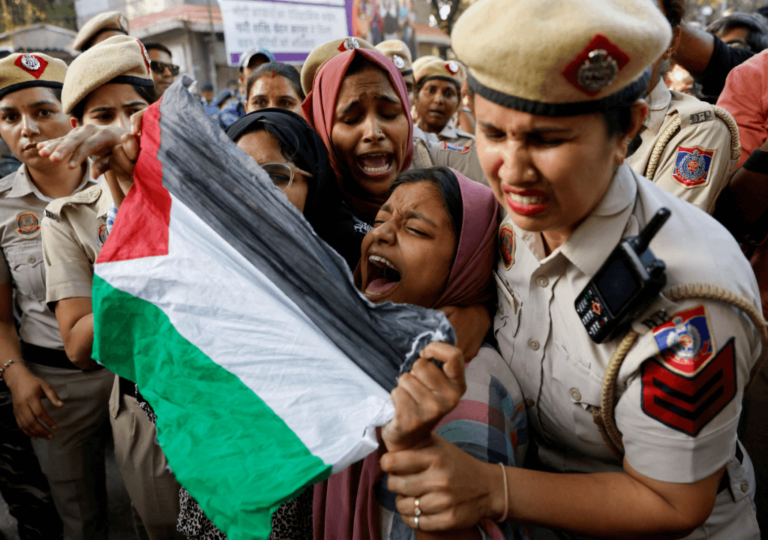
Protests in South Asia over the Israel-Palestine conflict reveal deep religious ties and societal divisions amid local issues
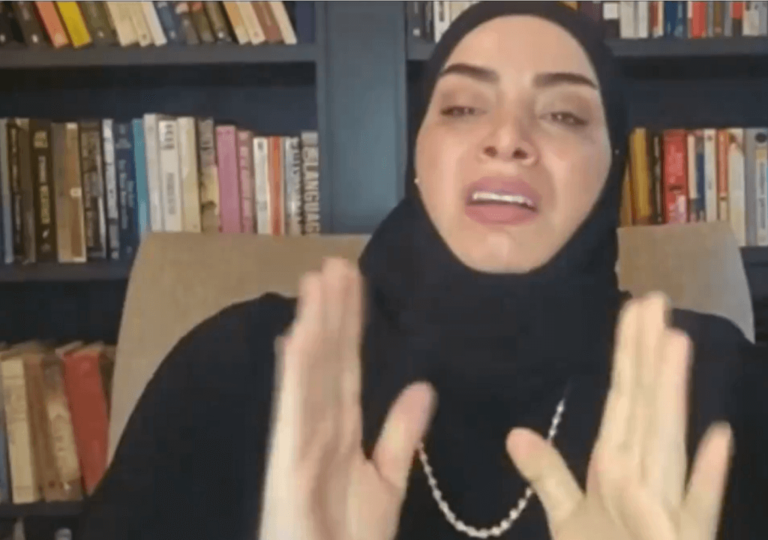
Hamas, Hezbollah, and the Houthis face collapse as Israel's military campaign targets their leadership and infrastructure
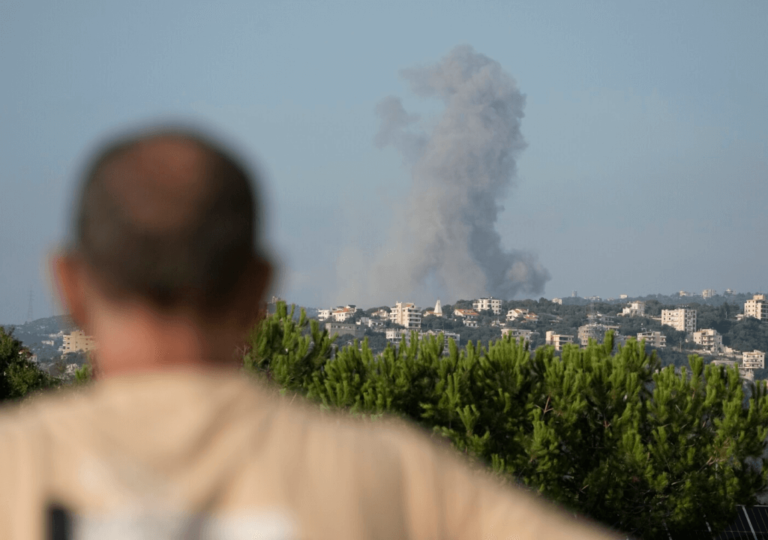
Israel intensifies its military campaign against Hezbollah, resulting in over 500 casualties in Lebanon amid growing conflict
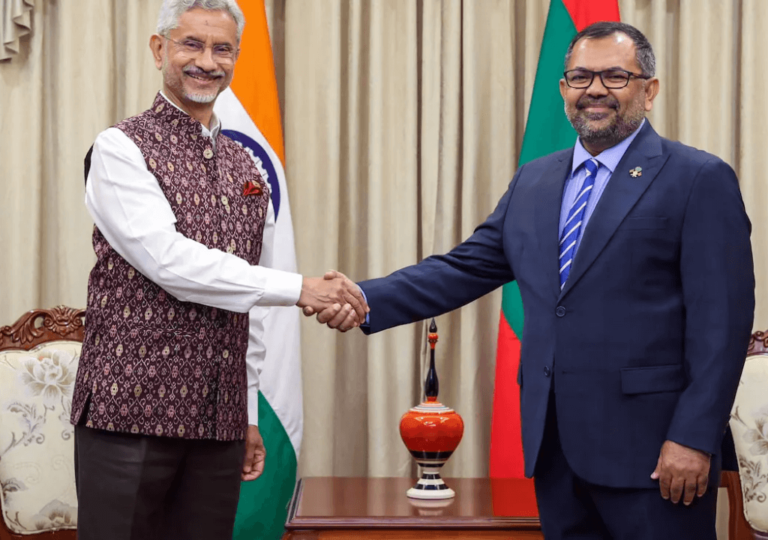
Maldives seeks to repair ties with India amid economic crisis, shifting from an "India Out" stance to diplomatic engagement
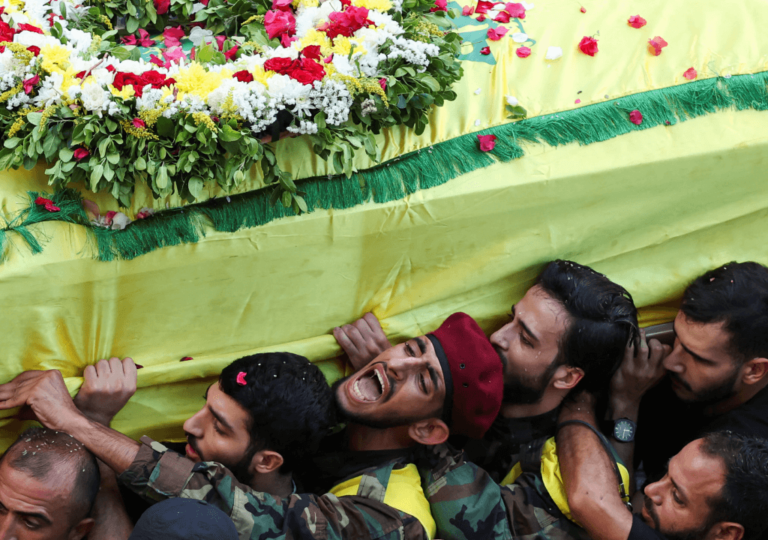
Lebanon faces chaos after deadly explosions from Hezbollah devices, killing at least 32 and injuring over 3,000
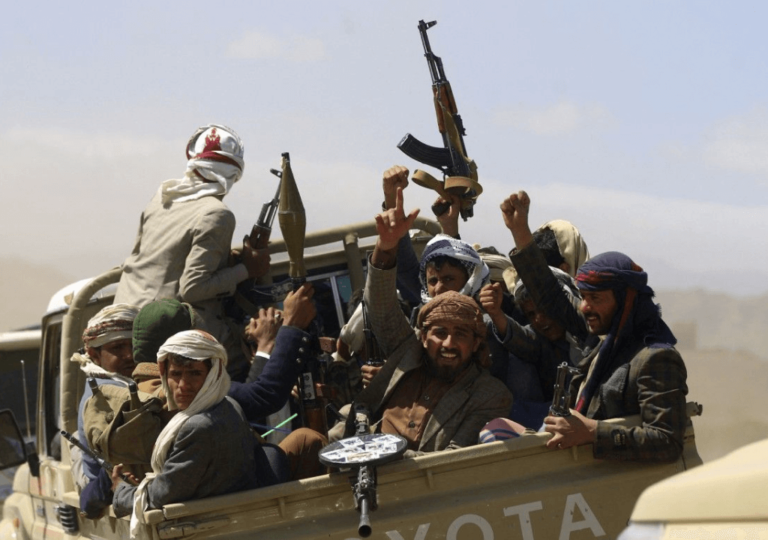
Pro-Palestinian accounts celebrate the Houthis missile strike on Israel, raising security concerns for Saudi Arabia and the region
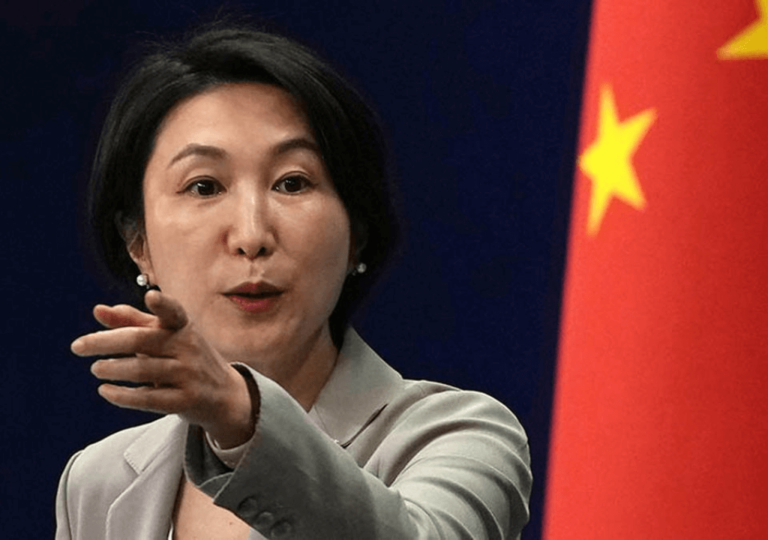
China and India face strained relations, primarily due to territorial disputes stemming from Tibet's annexation by China
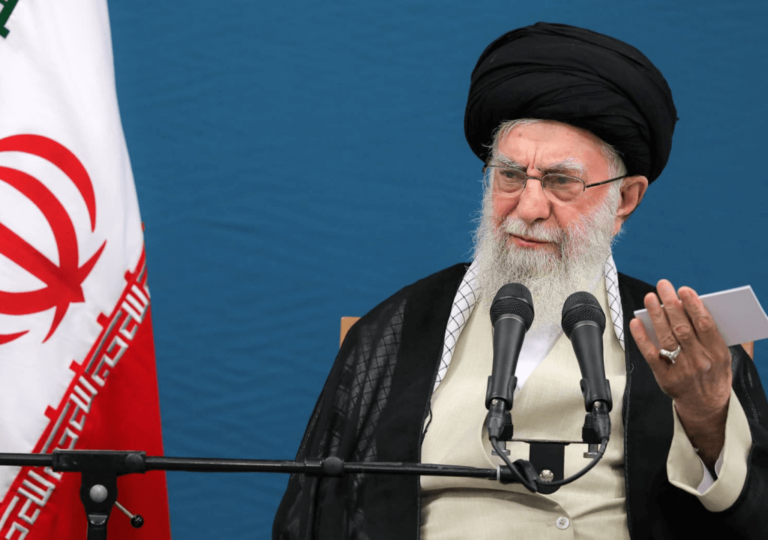
Iran's support for Russia amid the Ukraine war faces scrutiny as tensions rise over Moscow's backing of Azerbaijan